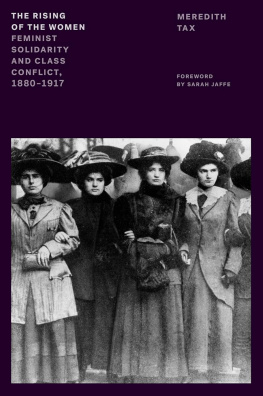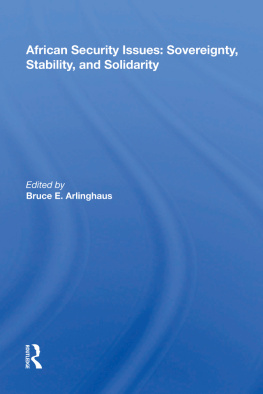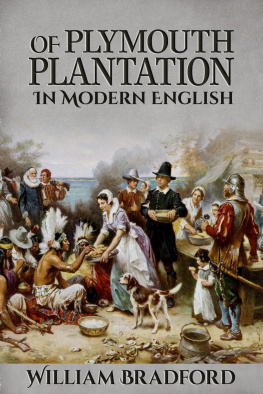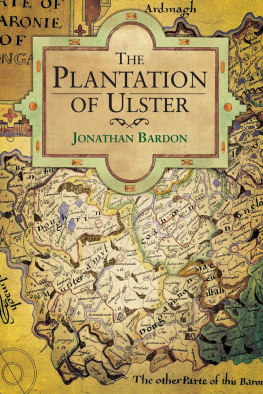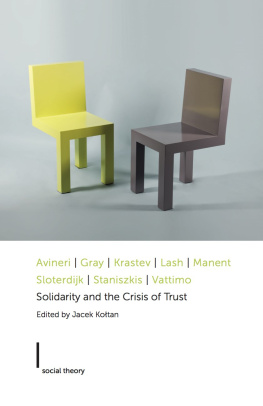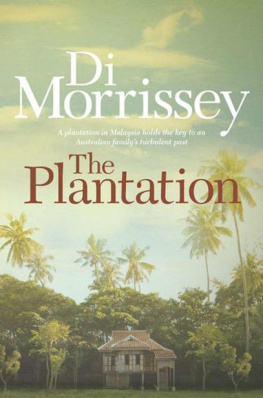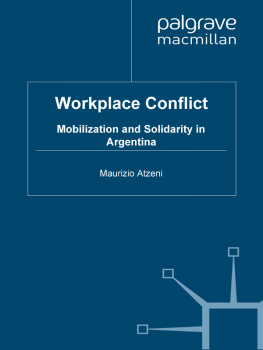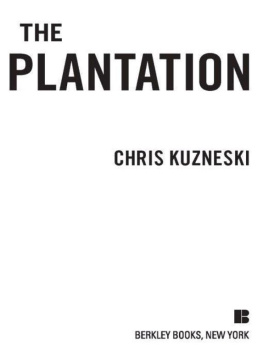LONDON SCHOOL OF ECONOMICS
MONOGRAPHS ON SOCIAL ANTHROPOLOGY
Managing Editor: Dr Paul Stirling
The Monographs on Social Anthropology were established in 1940 and aim to publish results of modern anthropological research of primary interest to specialists.
The continuation of the series was made possible by a grant in aid from the Wenner-Gren Foundation for Anthropological Research, and more recently by a further grant from the Governors of the London School of Economics and Political Science. Income from sales is returned to a revolving fund to assist further publications.
The Monographs are under the direction of an Editorial Board associated with the Department of Anthropology of the London School of Economics and Political Science.
The Editorial Committee most gratefully acknowledges a generous subvention from the Booker Group towards the cost of publishing this volume.
First published 1963 by THE ATHLONE PRESS
Published 2020 by Routledge
2 Park Square, Milton Park, Abingdon, Oxon OX14 4RN
605 Third Avenue, New York, NY 10017
Routledge is an imprint of the Taylor & Francis Group, an informa business
Chandra Jayawardena, 1963
All rights reserved. No part of this book may be reprinted or reproduced or utilised in any form or by any electronic, mechanical, or other means, now known or hereafter invented, including photocopying and recording, or in any information storage or retrieval system, without permission in writing from the publishers.
Notice:
Product or corporate names may be trademarks or registered trademarks, and are used only for identification and explanation without intent to infringe.
ISBN 13: 978-1-8452-0020-6 (hbk)
THIS study concerns two communities of sugar plantation labourers, the descendants of indentured immigrants from India, who live in the county of Berbice, British Guiana. The study is focused on the analysis of social conflict: the factors that cause it, the forms it takes and its social consequences. I have sacrificed comprehensiveness for detail, in order to present an intensive analysis of a particular type of conflict which is expressed in interpersonal disputes over prestige, and which occurs with striking frequency in Guianese plantations.
This monograph is a part of a Ph.D. thesis presented at London University in 1959. I have condensed the data on social structure in order to present fully the material on social conflict.
These disputes are analysed in relation to the social system in which they occur. In recent years there has been an increasing interest among social anthropologists and sociologists in the analysis of social conflict. Emphasis has veered from the anomic character of conflict to its possible integrative functions. The aim of this study is to place expressions of a certain type of conflict in their social setting and, by doing so, to explore the validity of propositions concerning the positive functions of conflict.
In is devoted to an interpretation of the consequences of these disputes for the social system of the plantation.
My research in the two plantations was part of a larger project of the Institute of Social and Economic Research, University College of the West Indies, for the study of the East Indians of British Guiana. Dr R. T. Smith, who was in charge of the project, studied East Indians in the rice-growing areas of West Coast Demerara and social groupings among Indian urban residents in Georgetown.
I carried out fieldwork in Blairmont, a plantation in West Coast Berbice, between August 1956 and September 1957, and in Port Mourant, a plantation in Corentyne, Berbice, between February and July 1958. In addition to observation and informal interviews, I conducted a survey to obtain quantitative data on such topics as household composition, marriage, caste, occupation, religious affiliation, income, and experience of the law-courts. I was aided in this task by Mr Nowrang H. Prasad and Mr Bisnath Ramdewar; I take this opportunity to thank them for their great assistance. In collecting information on disputes, I supplemented observation and first- and second-hand reports by consulting police files on adjudicated cases, the records of disputes arbitrated by plantation managers, and the records of the Magistrates' Courts of Berbice.
I cannot say exactly how far the generalizations I have drawn apply to other plantation communities in British Guiana. I have preferred to concentrate on Blairmont because it is the smaller of the two plantations and therefore easier to grasp in its entirety, and also because I spent a much longer time there. However, the social systems of the two plantations are essentially similar, though that of Port Mourant is somewhat more complex. The disputes which are the main subject of this study occur with similar frequency and in similar circumstances in both plantations. I have discussed specific disputes which occurred in one plantation with residents of another; their comments, explanations and attitudes were strikingly similar.
I visited the other plantations of Berbice quite often and feel satisfied that the disputes and concomitant factors discussed here prevail in those plantations too. I believe that what happens in the Berbice plantations also happens to a greater or lesser degree in the plantations of Demerara, because it is unlikely that conditions in Demerara differ radically from those in Berbice. No inquiries into this matter revealed any significant differences. My references to 'the Guianese plantation' should be accepted with these reservations.
It has been impossible to avoid the use of actual place-names, but the names of all persons are fictitious though typical. In order to protect further the anonymity of the persons referred to, I have, as far as possible, refrained from indicating in which of the two plantations the disputes described here occurred. Ten of them occurred in Blairmont and five in Port Mourant.
My research was made possible by the generous financial assistance and co-operation of the Booker Group. While thanking the personnel of this organization, I wish to acknowledge especially the co-operation of the Administrative Manager and Staff of Plantation Blairmont. I am grateful for the valuable assistance I received from Mr J. E. Adams and Mr L. Narain, then Labour Inspectors of Berbice, Mr Thomas Budhoo of the Rice Producers' Association, the British Guiana Police Force, particularly the constables of the Blairmont Police Station, and the magistrates and lawyers of Berbice, especially Mr Eric Clarke and Mr Louis A. Low. Dr Cheddi Jagan and Mrs Janet Jagan showed much interest in my research and helped me in many ways.
In writing this book I have benefited greatly from the advice and criticism of my teachers in the Department of Anthropology, London School of Economics, my colleagues at the Institute of Social and Economic Research, University College of the West Indies, and my present associates in the Department of Anthropology, University of Sydney. I wish to acknowledge special debts of gratitude to Dr Maurice Freedman who, as my supervisor, advised and encouraged me through all stages of this work, and to Dr R. T. Smith who introduced me to fieldwork with great patience and understanding and gave me all the advice and help I required. I am grateful to Professor Max Gluckman for his valuable and constructive criticisms. I thank my wife for helping me to prepare this manuscript for publication, and Mrs B. Hooke for her editorial assistance.




